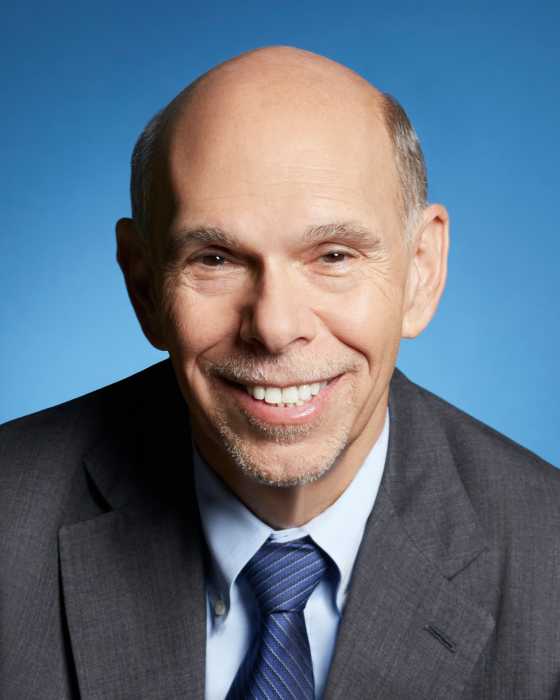Kenneth L. Davis, MD, chief executive officer of the Mount Sinai Health System, is widely recognized as a visionary leader who has placed Mount Sinai at the forefront of building a population-health and value-based model of care focused on wellness, health equity, and prevention. In 2013, the Mount Sinai Health System was formed by the combination of The Mount Sinai Medical Center and Continuum Health Partners, becoming one of the largest nonprofit systems in the country, with eight billion dollars in revenue, 42,000 employees, eight hospitals, and more than 410 ambulatory practices.
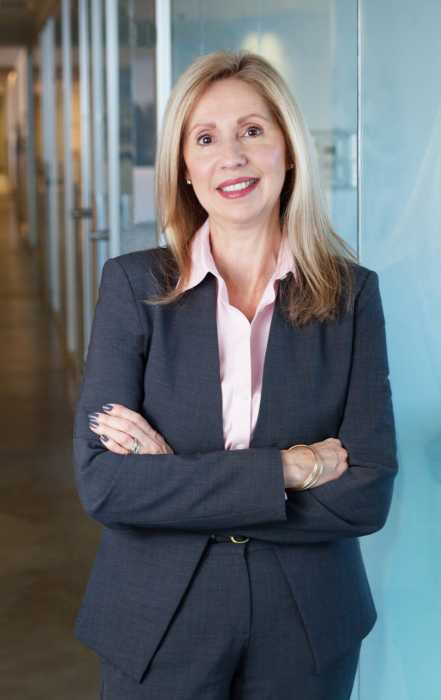
Emma DeVito
President and CEO, VillageCare

With a concentration in finance, management, and strategic planning, Emma DeVito’s career spans more than 25 years. She led VillageCare’s reconfiguration and reform of its long-term and chronic care services, shifting the emphasis from institutionalized care to community-based services. Under her leadership, the VillageCareMAX Managed Long-term Care Plan has grown to nearly 20,000 members. As a member of the Governor-appointed Medicaid Redesign Team II, Emma worked alongside government officials, as well as a select number of other health care industry stakeholders, to identify changes necessary to New York State’s Medicaid program to help ensure recurring savings while protecting beneficiaries.
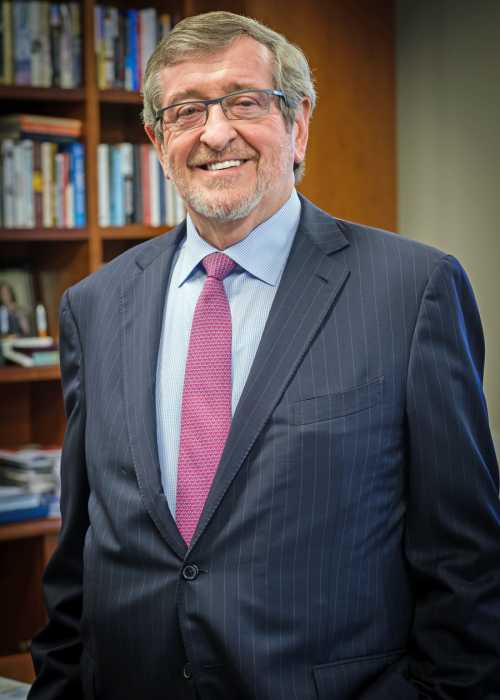
Michael Dowling
President and CEO, Northwell Health

Michael Dowling is one of health care’s most influential voices, taking a stand on societal issues such as gun violence and immigration that many health system CEOs shy away from. As president and CEO of Northwell Health, he leads a clinical, academic, and research enterprise with a workforce of more than 80,000 and annual revenue of $15 billion. Northwell is the largest health care provider and private employer in New York State, caring for people through a network of more than 850 outpatient facilities and 21 hospitals.
Why did you decide to pursue a career in health care?
My interest in health care had its origins with my family. We grew up in difficult circumstances. My mother was deaf and my father was debilitated by arthritis, preventing him from working at an early age while my brothers, sisters, and I were growing up. Unfortunately, my father and two brothers also struggled with alcoholism. While studying for my BA at University College Cork and master’s degree at Fordham, I began focusing on social policies, which led to my career in health and human services.
What is the biggest challenge currently facing New York’s health care system?
We must take action to reverse health disparities that were so apparent during the pandemic. That starts with expanding access to primary care in underserved communities. But “health” goes far beyond the delivery of medical services — it’s lifestyle, the absence of a job, and the risk of falling victim to gang and gun violence. To revitalize communities, we must look at socioeconomic issues through the prism of health and work collaboratively with government and businesses to find solutions.
How can New York State ensure access to affordable health care?
By expanding Medicaid eligibility, the state is subsidizing health insurance coverage for hundreds of thousands of New Yorkers, significantly reducing the number of people who are uninsured. But there are still many lower-income families who don’t qualify for subsidies, putting tremendous financial pressure on them, especially with rising inflation. Northwell and other health care providers are trying to ease the pain by offering charity care and other community health initiatives. Greater federal assistance would be an enormous help.
What does the future of health care look like?
If Covid-19 taught us anything, it’s that there will always be a need for hospitals to care for the severely ill and injured. Yet, as we’ve all seen over the past two decades, more and more care is now being delivered in the home, ambulatory settings, and remotely. That trend will continue, even as the clinical demands posed by aging baby boomers — an average of 10,000 Americans turn 65 every day — will present unprecedented challenges to the nation’s health care system.

Rose Duhan
President and CEO, Community Health Care Association of New York State

Rose Duhan, president and CEO of the Community Health Care Association of New York State, works to advance the vision that every New York State community has primary care that encompasses all aspects of each patient’s health and well-being. She has worked on health care policy inside and outside of government at the state and local levels. She served as the governor’s assistant secretary for health and for mental health. In county government, she designed and implemented long-term care system reform. Ms. Duhan’s experience includes policy development and advocacy on behalf of health plans and health care systems.
Why did you decide to pursue a career in health care?
In my early work experiences, I became keenly aware of the disparities in life outcomes resulting from historical and institutional racism and discrimination faced by many New Yorkers. I went into public health to understand the systems that have adversely impacted people’s lives and how those systems can be improved to empower people and communities to thrive.
What is the biggest challenge currently facing New York’s health care system?
The workforce crisis is immense. Workers have suffered moral injury and distress throughout the pandemic. Inflation and competition have driven up costs exponentially and government reimbursement rates have not kept pace sufficiently for safety net providers to be able to compensate their workers and compete for employees. Employers need financial resources to support recovery and compensation. Diversification of the workforce at all levels is critical, from health care training and education to leadership development.
How can New York State ensure access to affordable health care?
Community health centers’ patient-centered medical home model of care integrates primary care, dental care, behavioral health, and social services to address the health and well-being of their communities. Public health and primary care investments are key to empowering people to have healthier lives and ultimately reducing health care costs.
What does the future of health care look like?
The system of the future needs to support integration of care delivery systems to provide person-centered care across medical, behavioral health and social services. Regulatory barriers and bureaucratic silos need to be removed to support innovative work that is being done in the community. Comprehensive payment models must recognize and reward whole-person integrated care.
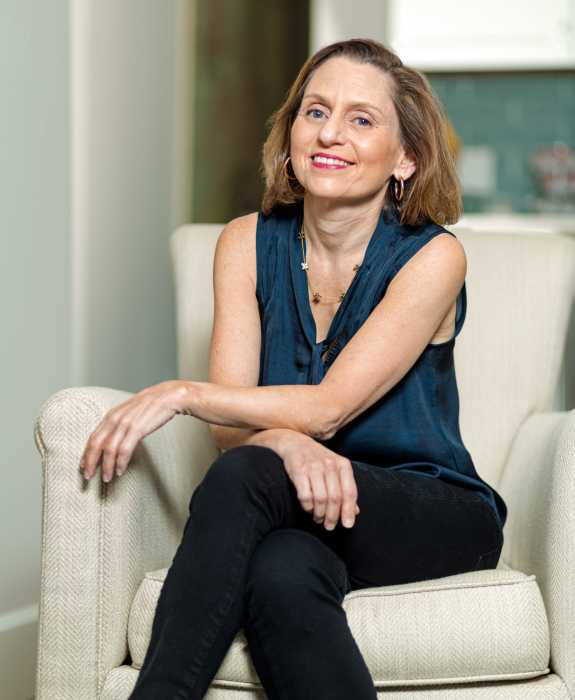
Bunny Ellerin
CEO, Digital Health New York

Digital Health New York CEO Bunny Ellerin is a Harvard-trained, award-winning leader, entrepreneur, and influencer who has dedicated her career to driving change and innovation in health care. Successful across multiple sectors, she has become a recognized force in leading New York City’s transformation into a thriving hub of health care innovation. She recently launched DHNY Summit, an invitation-only event that brings together the leaders and visionaries who are driving digital health in New York.
Why did you decide to pursue a career in health care?
Originally I wanted to pursue a career in publishing. Then I had a running injury and ended up in physical therapy. I loved how you went in broken and came out whole. From that experience I decided to focus on health care. Even in the early 1990s health care was considered broken, so I vowed to make it my life’s mission to fix it. While we’re not there yet, I’m optimistic that we’re on the right track.
What is the biggest challenge currently facing New York’s health care system?
Access and affordability are health care’s major challenges. The communities with the fewest economic resources continue to be disproportionately impacted. Better technology that enables on-demand care, price transparency and other tools will help, but we need significant payment reform to create lasting change.
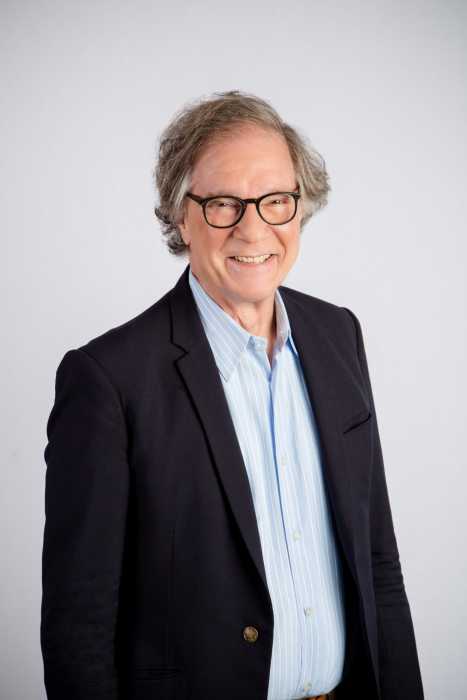
Jerome Ernst
Chief Medical Officer, Amida Care

Jerome Ernst, MD, MS, is an experienced medical provider, health plan leader, and researcher who has worked in the field since the start of the HIV epidemic. He is the chief medical officer at Amida Care, overseeing clinical operations in the administration of comprehensive health coverage and coordinated care to plan members living with HIV, in addition to supervising all quality improvement and research activities. Most of his career has been working with the underserved populations most affected by HIV, designing models of care specifically for the hard to reach.
Why did you decide to pursue a career in health care?
I come from a long line of doctors. My father, mother, and grandfather were all doctors. Medicine seems to be one of the best ways to make a real difference and contribute to people’s health and well-being.
What is the biggest challenge currently facing New York’s health care system?
Our biggest challenge is the inequities in the delivery of health care. We have so many people who are not benefiting from high level medical care and need better access and resources to help them engage better with the health care system. Doctors need more time to spend with their patients, hospitals need to improve patient relations, and the health care needs of everyone are a right and not a profit-making system.
How can New York State ensure access to affordable health care?
Better distribution of resources will improve the care New Yorkers receive. Everyone makes a lot of money from health care — including pharmacies, doctors, hospitals — but the patients don’t seem to be benefiting in proportion to the amount of money spent. The system is too inefficient and complex, and too difficult to navigate without more help for the patient.
What does the future of health care look like?
Things will get worse if we don’t come to terms with the systemic problems that need to be resolved: better access, better care, more efficient systems, better distribution of resources, less waste. Most important is more and better care for the patient. Health care should be treated as a right and not as a profit generator.

Kathy Febraio
President and CEO, New York State Association of Health Care Providers

Kathy Febraio has served as president and CEO of the New York State Association of Health Care Providers, representing a wide spectrum of home and community-based care providers since January 1, 2019. Kathy has over 20 years of leadership experience in association and trade group management. In this time, she has developed a strong background in policy analysis, public testimony, and coalition building. Kathy possesses an impressive skill set, not only in association operations, but also developing advocacy strategies.
Why did you decide to pursue a career in health care?
Health care is a dynamic industry that impacts every one of us. It is exciting and rewarding to help shape the delivery of health care when it has such a profound bearing on the lives of all New Yorkers.
What is the biggest challenge currently facing New York’s health care system?
The pandemic laid bare so many weaknesses in health care, including inequitable access, an unstable workforce, and financial instability of health care providers. It has also highlighted the need and the desire of New Yorkers to be in their homes and communities!
How can New York State ensure access to affordable health care?
This year’s state budget represents the single biggest investment in home care in our state’s history and is a tremendous acknowledgement by our lawmakers of the importance of caring for people in the community. We continue to press for solutions to address the ongoing workforce crisis, for regulatory and financial relief, and for the removal of barriers to access to care.
What does the future of health care look like?
The COVID-19 crisis has shown more acute residents in congregate care settings either leaving to go home or wishing to do so. Patients do better at home, and our communities do better too, as home and community-based services allow patients to spend their money locally and stay socially invested in their networks and neighborhoods.

C. Virginia Fields
President and CEO, National Black Leadership Commission on Health

C. Virginia Fields is the president and CEO of the National Black Leadership Commission on Health, whose mission is to champion the promotion of health and prevention of diseases to reduce disparities and achieve equity for the Black community. Her expertise in government and politics has led to the successful implementation of noteworthy public policy achievements, including HIV/AIDS prevention, treatment, and care. Ms. Fields is the recipient of numerous awards, citations, and honors of distinction for her leadership on health, education, civil rights and social justice issues.
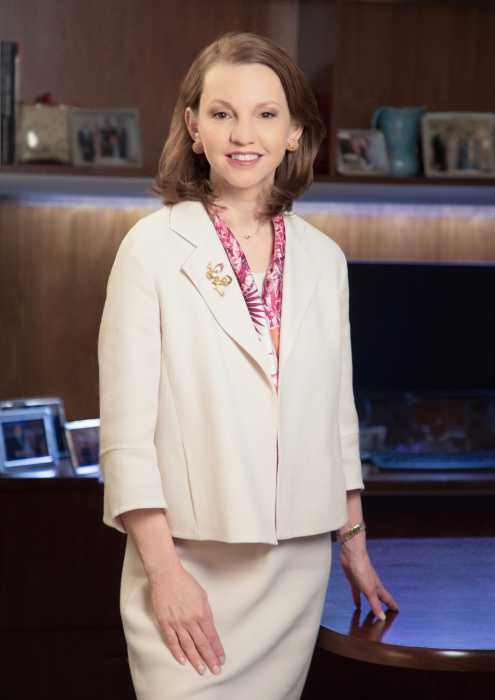
Susan Fox
President and CEO, White Plains Hospital

Recognized as one of Westchester County’s most influential executives, Susan Fox has been at the forefront of the health care industry on a regional level for more than 25 years. As president and CEO of White Plains Hospital, she has expanded programs and added advanced inpatient services, as well as built an ambulatory network of more than 320 physicians at 44 outpatient sites across Westchester. Ms. Fox is chairperson of the Westchester County Association, and serves on the Columbia University School of Nursing Board of Visitors, and the Board of the Healthcare Association of New York State. She is a former chair of the American Hospital Association — Regional Policy Board 2 and AHA Board of Trustees member.
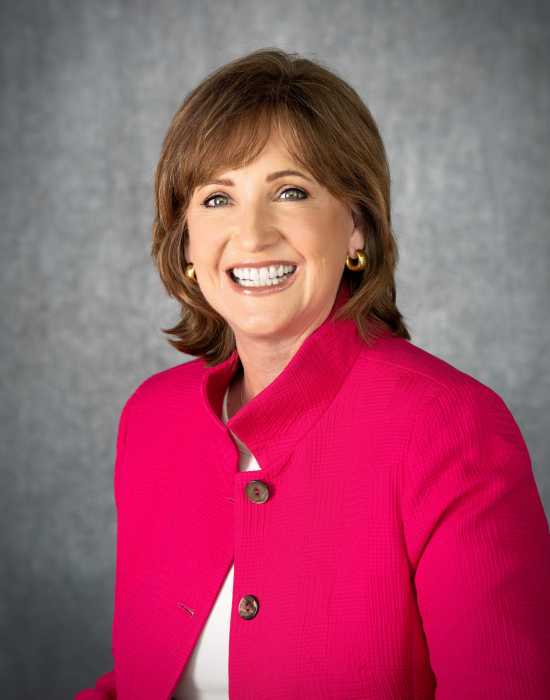
Lorraine Frazier
Dean, Columbia University School of Nursing and Senior Vice President, Columbia University Irving Medical Center

One of Lorraine Frazier’s key priorities is to sensitize students to health inequities, while preparing them to think about ways of increasing access to care. Another goal: to expand the school’s learning opportunities for future nurses, with a focus on social justice locally and globally. Dr. Frazier, PhD, RN, FAAN, serves as dean of Columbia University School of Nursing, and is an accomplished cardiovascular and genetics researcher, a pioneer in developing and promoting state-of-the-art translational research programs, and a national expert on biobanking, the emerging science of collecting, storing, and sharing blood and tissue samples to advance medical research and provide access to genetic information.
Why did you decide to pursue a career in health care?
I found my life’s purpose early, as a child, while at my father’s hospital bed, marveling at the caliber of the clinicians who cared for him and my family. I thought, “These people have all the answers and the information we need.” I wanted to be one of those people. I understood at a young age the devastation of illness and the financial stress on families. I wanted to be part of the solution.
What is the biggest challenge currently facing New York’s health care system?
There isn’t a strategic integration of health and wellness in the community. There isn’t enough support to enable the interventions needed to be effective for hard-to-reach populations, particularly patients who are alone, homebound, elderly, recovering from strokes or who have Alzheimer’s, or without resources to take care of themselves. We need to be in the communities where wellness is supported. Nurses are in a great position to educate and empower patients to maintain their health.
How can New York State ensure access to affordable health care?
We need community involvement to help make it accessible. Health care should be designed to be flexible enough to respond to the needs of the community.
What does the future of health care look like?
The pandemic revealed the tremendous inequities in our health care system in the most painful ways and reinforced the fact that we must have a better plan — not just a recovery plan — but one that will protect us long-term. Expanding the pool and quality of nurses is not just a building block to that plan, but we’ve shown that nursing and nurses can be the solution, as clinicians, researchers, policymakers, and as leaders.


